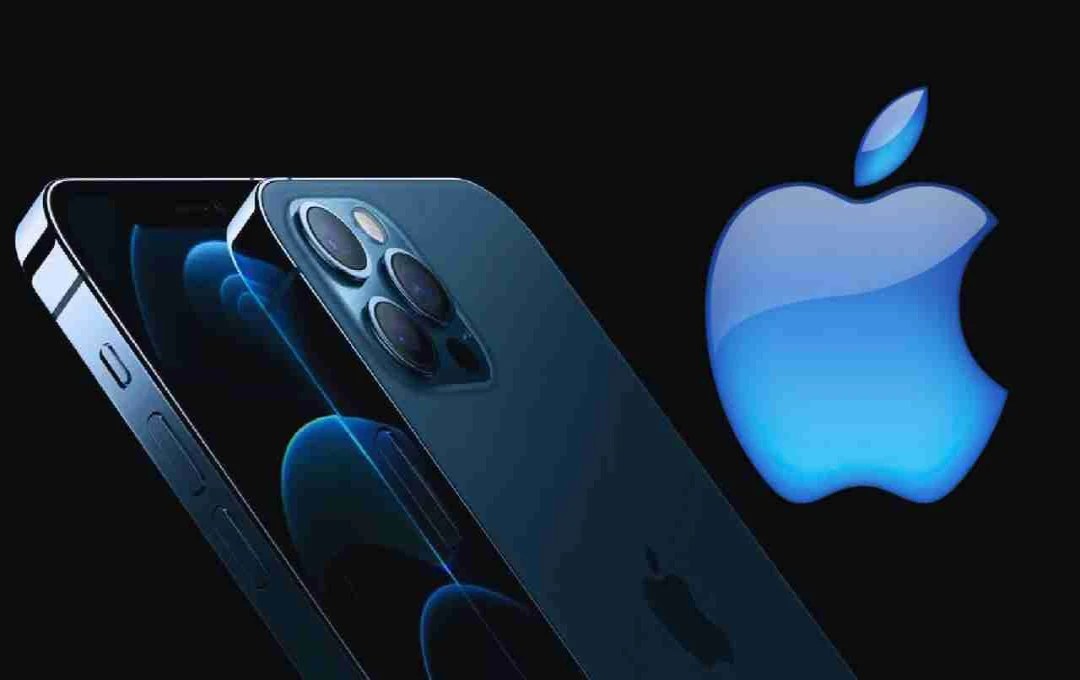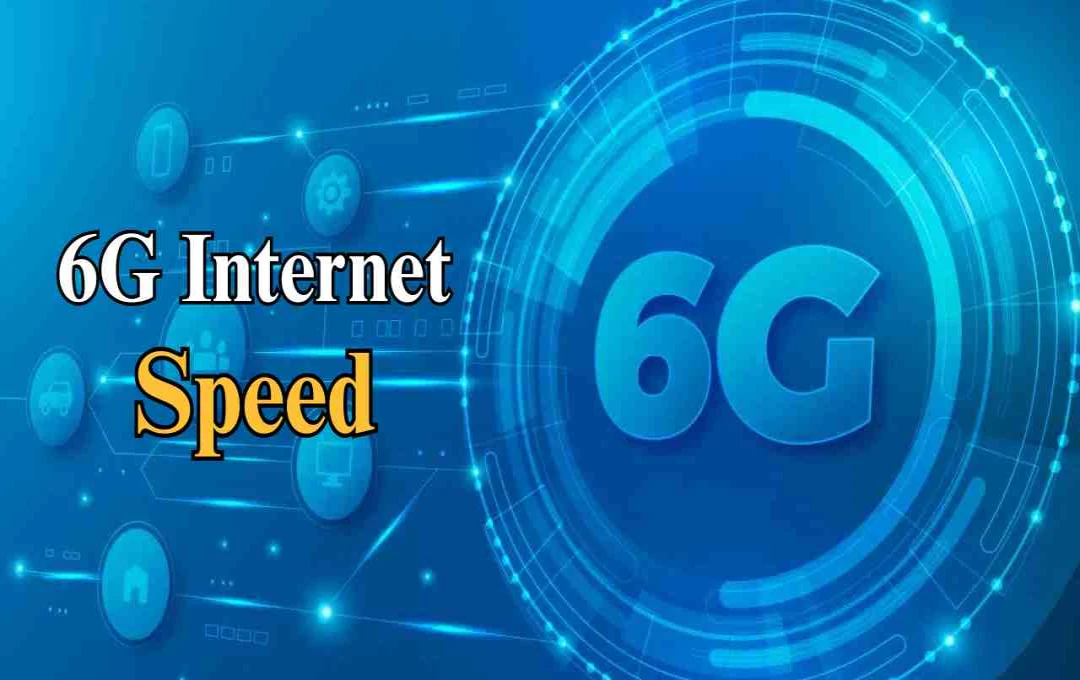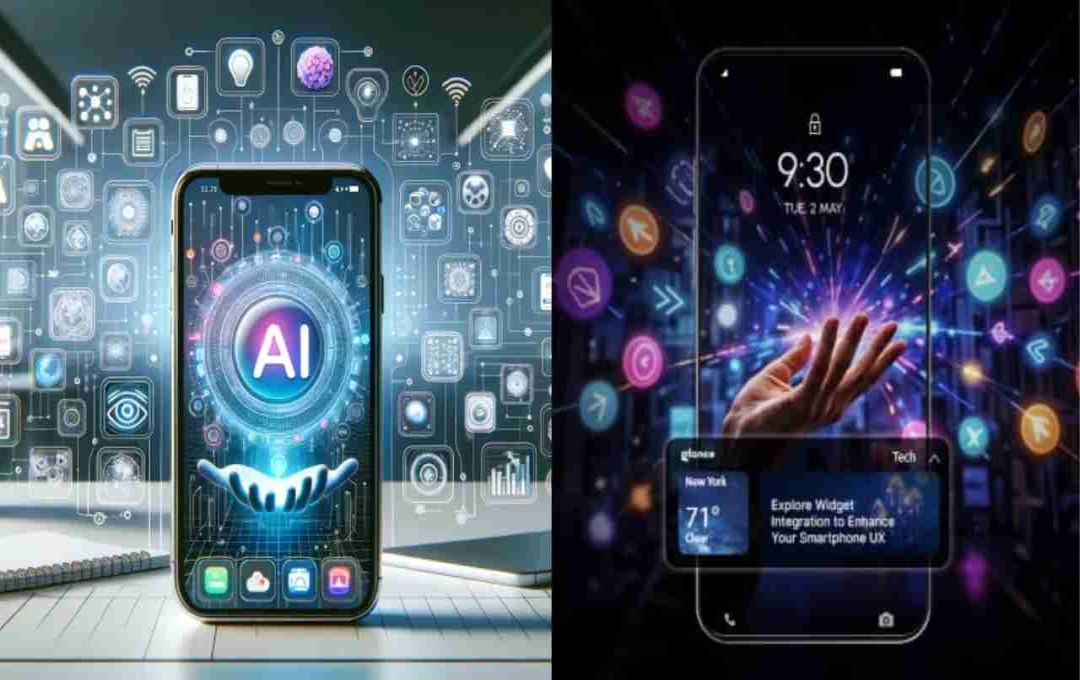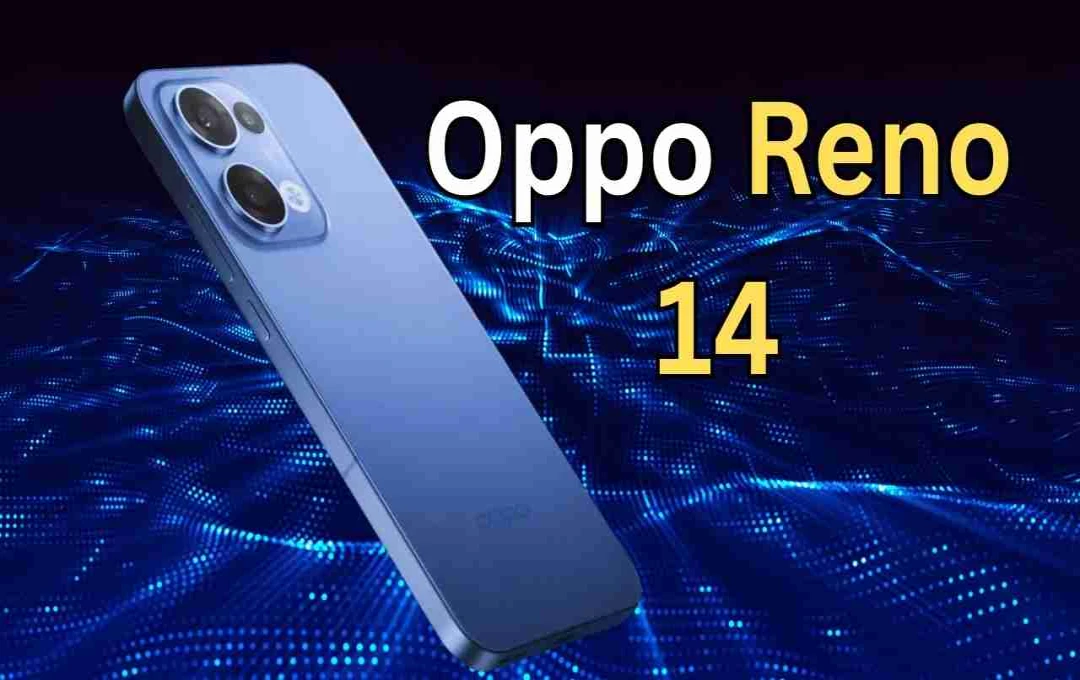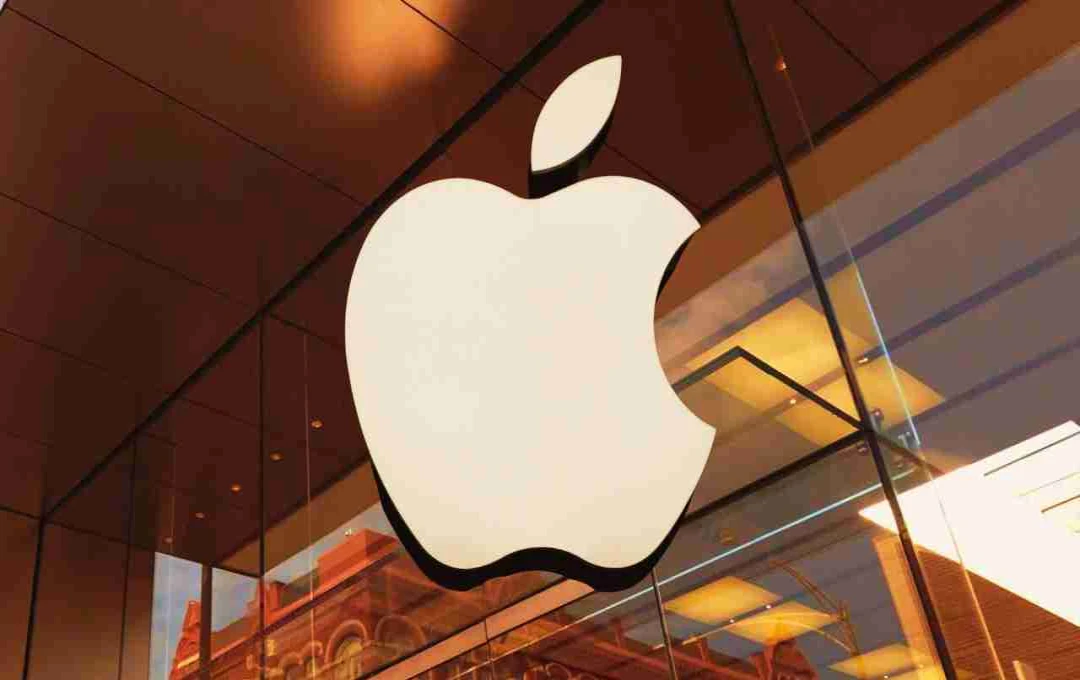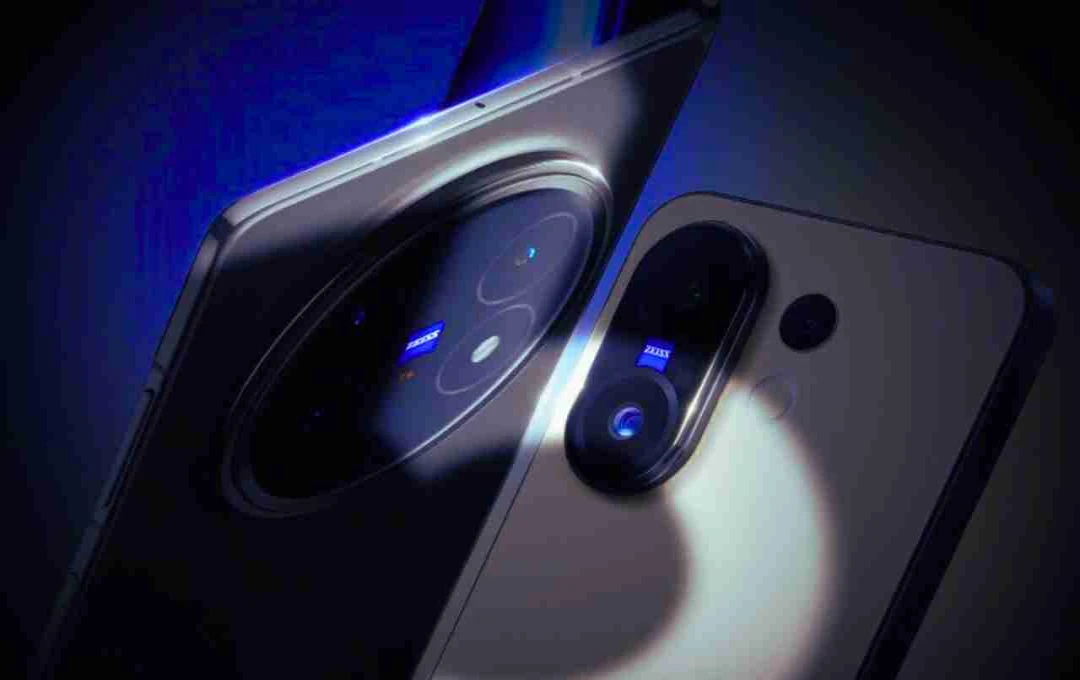The iPhone could face a ban in the US due to a technical dispute over OLED displays supplied by BOE. The ITC has issued a 'cease and desist' order, which prohibits the sale and promotion of iPhone models using these displays.
Apple: A piece of news from the US is creating a stir in the tech world, where the International Trade Commission (ITC) has issued a Cease and Desist order. This order applies to all products that use the disputed OLED technology. At the heart of this dispute are the Chinese company BOE and the South Korean giant Samsung. Although the case is between these two companies, Apple and its iPhone models may also fall within its scope.
This dispute becomes particularly important for Apple because BOE supplies OLED display panels for the upcoming iPhone 17 Pro, including the iPhone 15 and iPhone 16 series. Thus, if this ITC order is implemented, the sale, distribution, and promotion of the iPhone in the United States may be temporarily suspended.
What is the OLED Technology Dispute?
BOE, a leading display manufacturer in China, is accused of illegally obtaining OLED technology from Samsung. Samsung filed a complaint with the ITC regarding this issue, and based on that, the ITC has now issued an order in its preliminary decision to ban products using BOE panels. The biggest point is that many iPhone series from Apple use OLED displays made by BOE. This includes mid-range models such as the iPhone 15, 15 Plus, iPhone 16, 16 Plus, and iPhone 16e.
What does the Cease and Desist Order say?
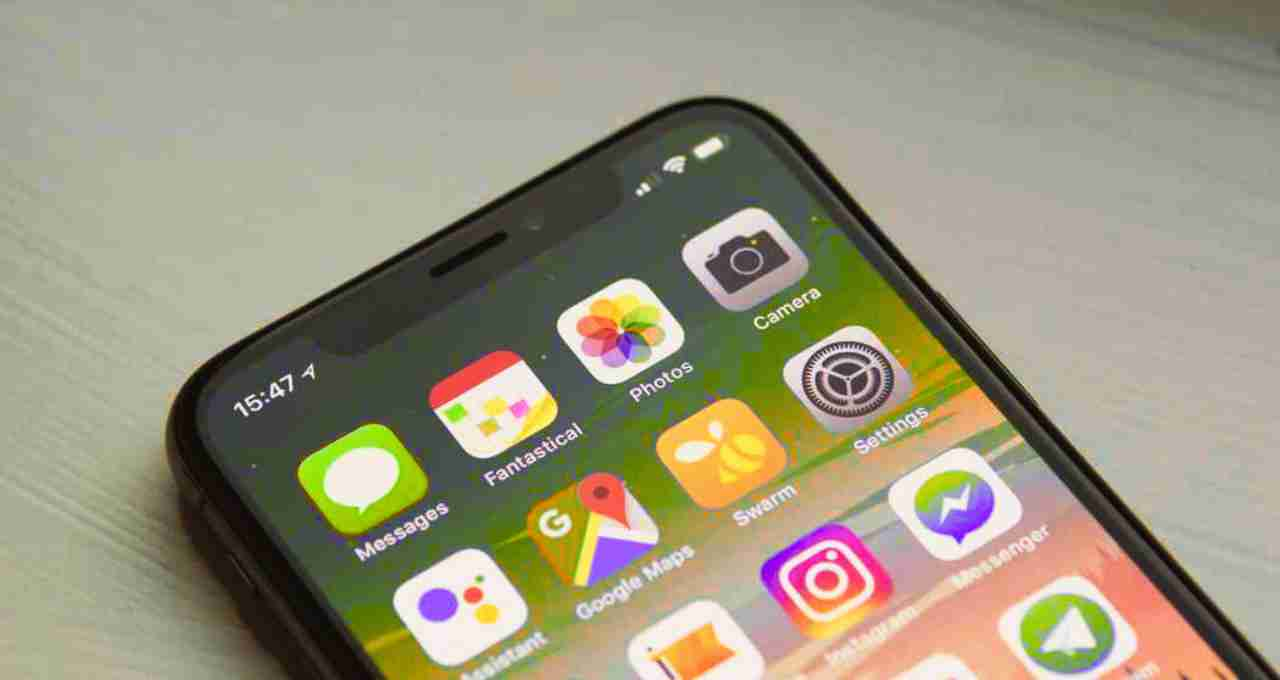
According to this order:
- The advertising, distribution, and sale of products containing BOE's OLED technology may be stopped in the United States with immediate effect.
- This order will also apply to existing stock. That is, the sale of products already in the US may also be prohibited.
- Additionally, a Limited Exclusion Order has been issued, which speaks of banning the import of such iPhone models from China to the United States.
Will Apple be directly affected?
Apple has clarified its position in this matter. In a statement, the company said: 'Apple is not a party to this case, and the ITC's order does not affect any Apple product.' After this clarification from Apple, there is definitely some relief among customers and in the market for the time being, but experts believe that if the ITC's final order remains in effect until November 2025, and there are no changes to it, Apple may have to find alternatives to BOE.
Threat to iPhone Supply Chain?
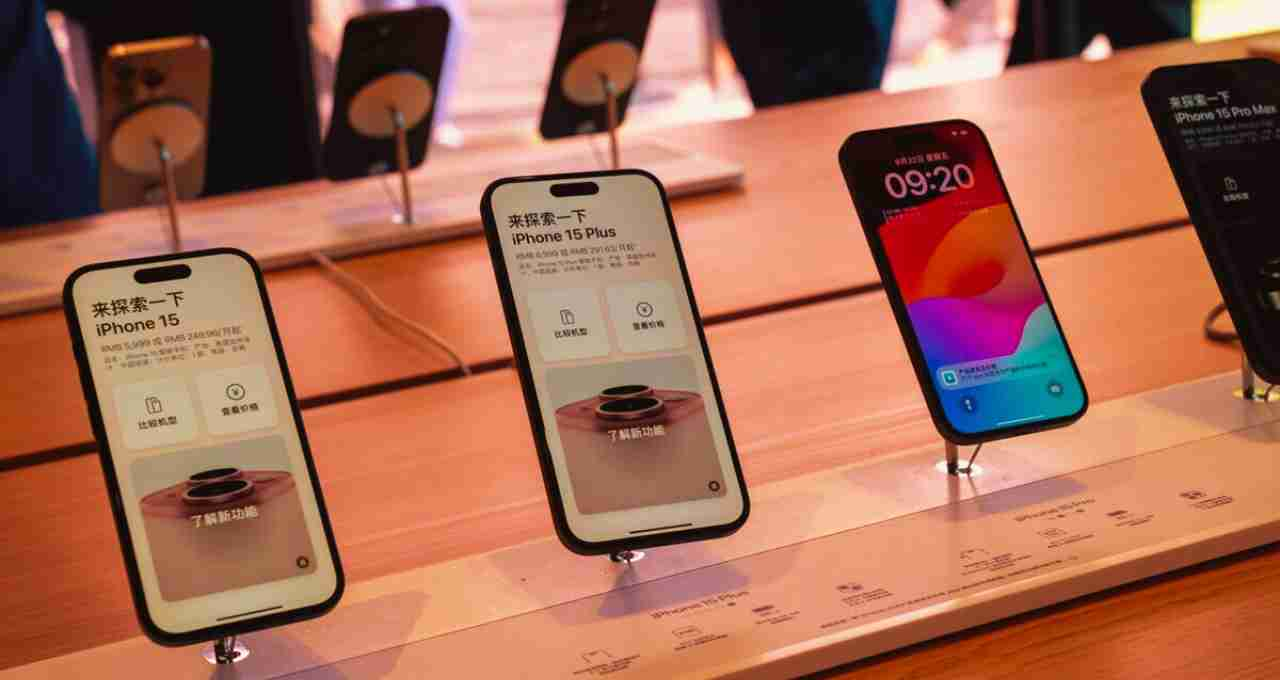
The iPhone's supply chain is already spread across countries like China, Vietnam, and India. Apple is gradually shifting its production to markets like India to reduce its dependence on China. But if BOE's OLED panels are banned in the US, it would mean that Apple will have to rely more on alternative suppliers such as LG Display or Samsung Display, which could increase production costs.
Pressure of 'Made in America' in the USA
The impact of the American President's 'Made in America' policy is now also visible on the tech industry. This dispute becomes even more serious in an environment where the US is trying to create trade distance from China. Now the question is, will Apple also have to move from 'Made in China' to 'Made in America'?
When will the ITC's final decision come?
The ITC's final decision will come in November 2025. Within two months of that, the President of the United States will have the right to veto this decision. That is, if the President wishes, he can also reject this restriction of the ITC. This process is complex and will depend entirely on political and trade equations.
